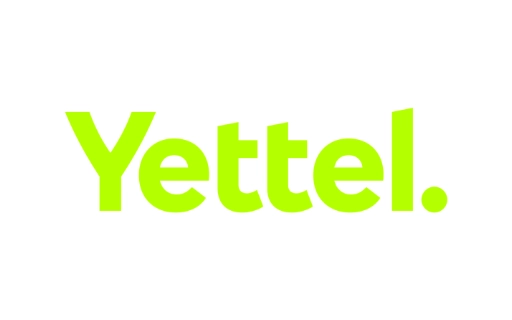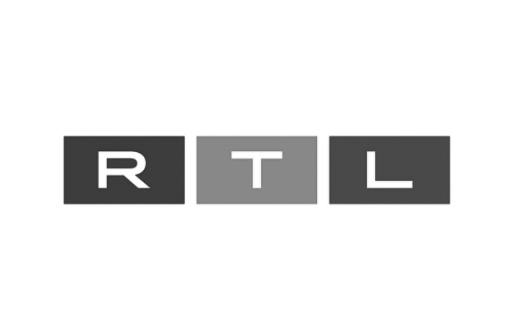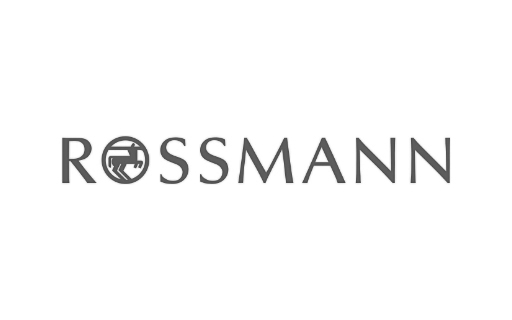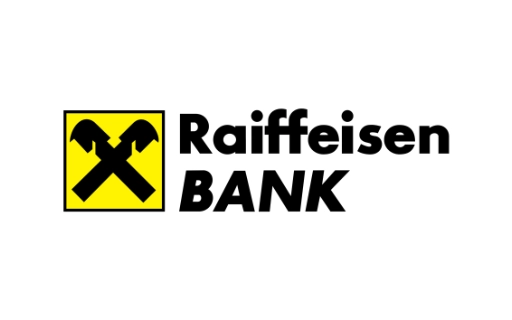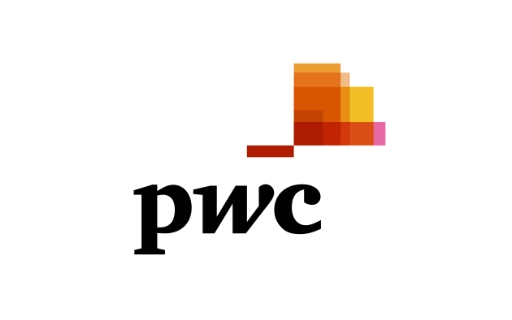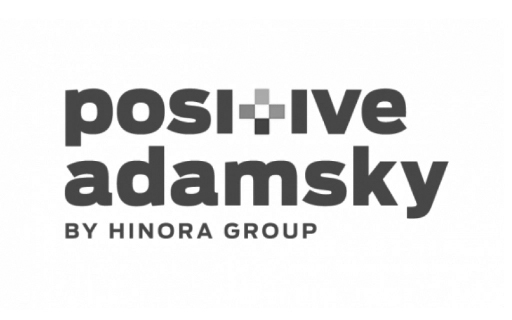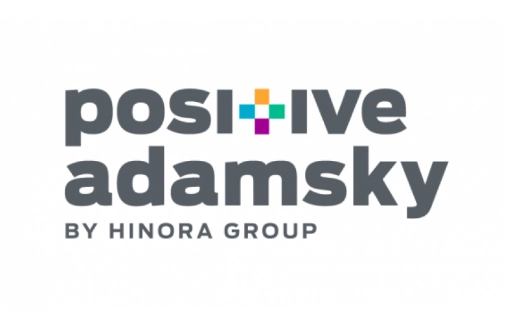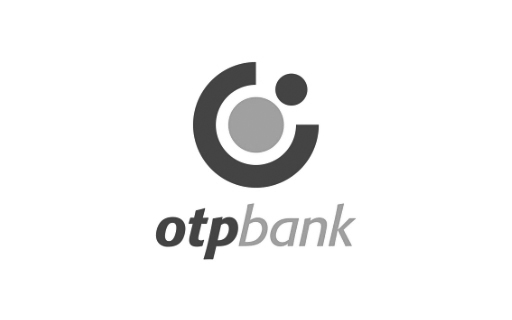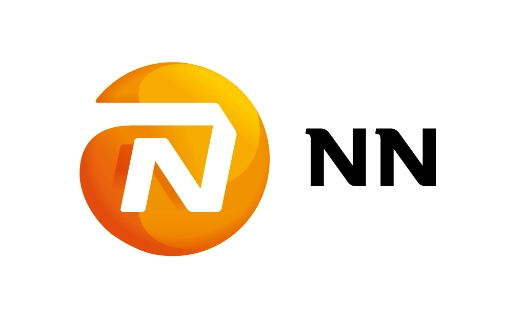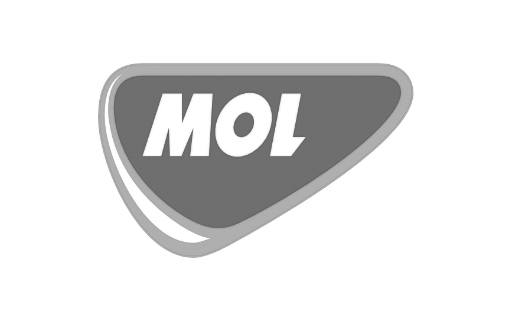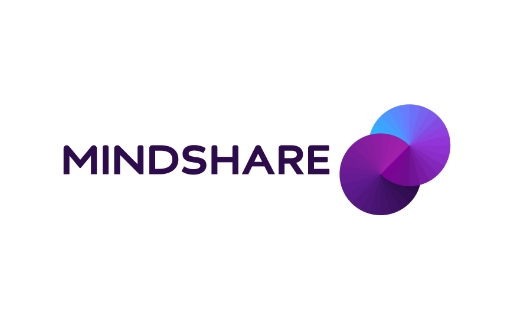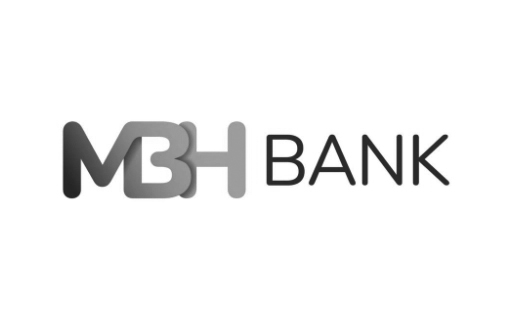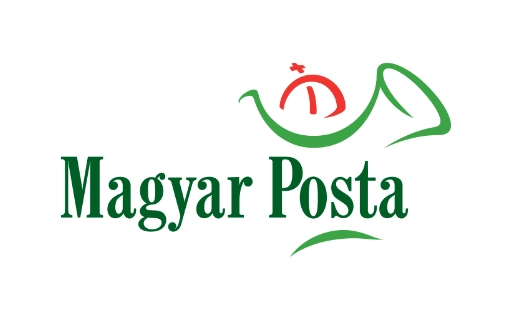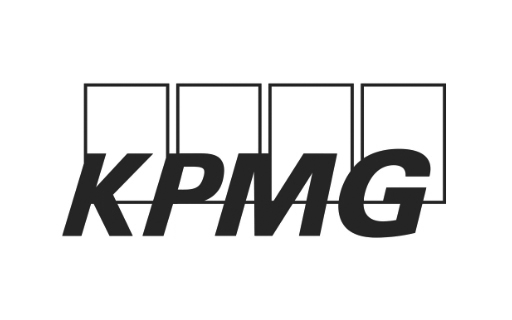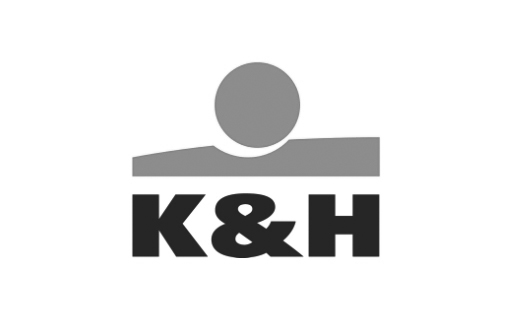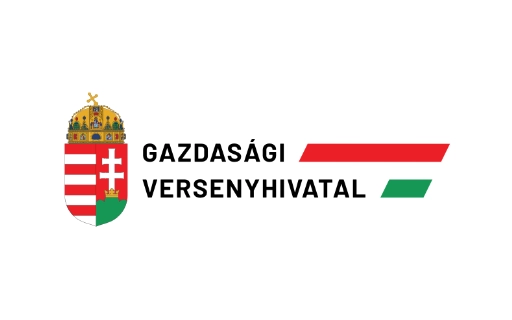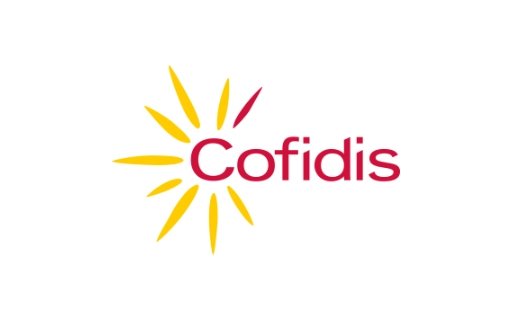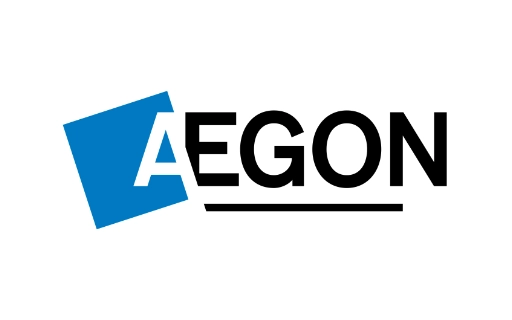Recently, there has been a growing awareness among market players and decision makers that artificial intelligence (AI) is not just a technological curiosity but a fundamental market-shaping force and while online and digital solutions and automation have fundamentally accelerated access to information, AI will fundamentally transform what we call market research today.
Imagine a world in which market researchers have access to tools that analyse consumer preferences in detail, predict market trends and provide practical insights into consumers' everyday lives and the reasons behind their decisions with unprecedented accuracy. It's not the distant future, it's the present.
The economic impact of artificial intelligence (AI) in the marketing sector is significant and growing. The value generated by AI in the market amounted to US$10.1 billion in 2021 and is projected to rise from US$12.8 billion in 2022 to US$77.4 billion in 2030. Several factors are catalysts in this context. First and foremost, the proliferation of customer-centric marketing strategies, the drive to enhance the customer experience, and the customer-driven approach to corporate decision-making are all contributing to the rise of data-driven thinking. Through this, the role of market research and other data-driven services is also becoming increasingly important. A Gartner A survey of CEOs and senior executives in 2023 found that AI will have a profound and significant impact on their industry in the next three years, and among the drivers is the fear that those who miss out on the AI rally will be left behind in the race for consumer favour.
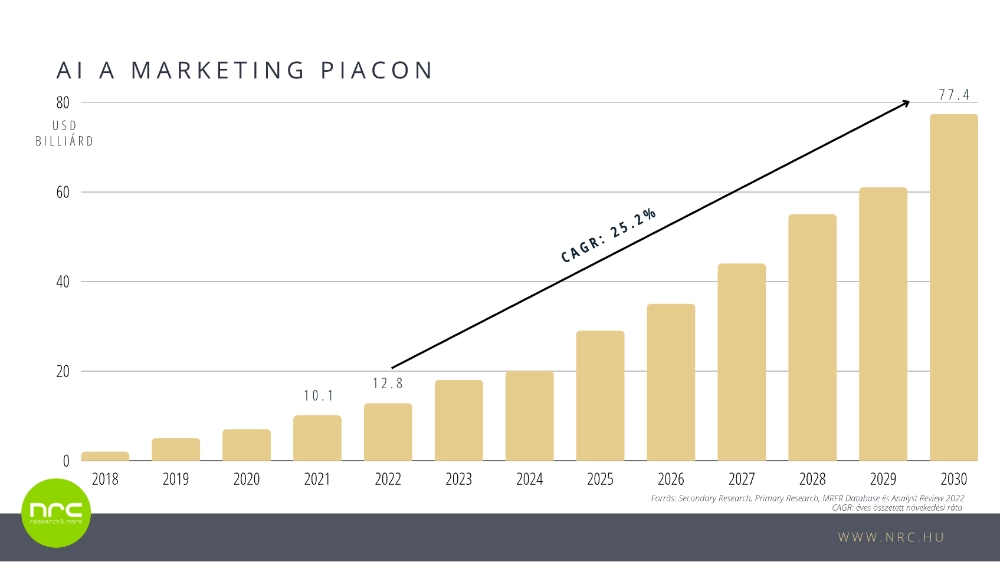
The consensus among experts is that AI will fundamentally transform not only the marketing industry, but also the market research industry. Service providers that do not prioritise AI-driven innovation are likely to be at a competitive disadvantage against companies that actively adopt AI. Harnessing the dynamic growth of AI-driven opportunities is thus essential to maintain and enhance industry competitiveness.
Automation vs AI
Artificial intelligence and automation are often confused in public discourse, but it is important to understand the fundamental differences between them. Automation has long been present in the insight and market research industry and can speed up many processes, from data collection to recruitment. However, it is nothing more than a set of pre-defined rules that machines follow to perform a given task. However complex these rules may be, automated systems do not learn and do not make decisions.
Ezzel szemben az AI, a mesterséges intelligencia képes a tanulásra és az alkalmazkodásra. Ezt a képességét használja fel például a fogyasztói magatartások elemzésében, trendek előrejelzésében, és ezáltal képes dinamikusan reagálni a változó piaci körülményekre. Ez a „tanulási” aspektus az, ami megkülönbözteti az AI-t az automatizált rendszerektől, és ez kínálja a legnagyobb lehetőségeket azok számára, akik képesek ezt a technológiát integrálni és megérteni.
The combination of AI, NLP (Natural Language Processing), machine learning and predictive analytics is like a new pair of glasses for market researchers: it allows faster, more accurate and deeper analysis of data and creates new opportunities and challenges for companies.
Ahhoz, hogy kiaknázzuk az AI valós lehetőségeit, észnél kell lennünk: nem minden, ami ‘intelligensnek’ mondja magát, az is valójában. A mesterséges intelligencia nem egy kifejezés, amit csak úgy odavethetünk; ez egy komplex eszköz, amely mély, strukturált változásokat tesz lehetővé a vállalatok számára, állítja Klenovszki János, az NRC piackutató cég vezetője.
A digitális térben böngészve szembeötlő, hogy az „AI” kifejezés egyre gyakrabban bukkan fel, gyakran olyan esetekben is, amikor a mögött álló technológia nem több egyszerű automatizációnál. Sok esetben az ‘AI’ címke alkalmazása nem több marketingszólamnál, és a valóságban csupán egy API-n keresztüli kapcsolatot jelent a ChatGPT vagy más nagy nyelvi modellekkel. Ez a címkézési trend nem feltétlenül problémás önmagában, azonban óvatosságra inti a piacot és a szakértőket.
Increased hype and unjustified expectations can easily lead to term inflation, which can undermine the credibility and relevance of the technology.
In fact, AI has the potential to revolutionise market research and customer insights for companies. By combining NLP, machine learning and predictive analytics, AI offers companies the opportunity to gain deeper and real-time insights into their customers' behaviour, preferences and expectations.
To really take advantage of the opportunities AI offers, we need to go beyond the buzzwords and marketing slogans and understand what's happening under the hood. AI is not an advertising slogan; it's a real technology that can transform our business strategies in meaningful ways and have a huge impact on the customer experience and, in turn, on a company's brand and profits. – mondja Klenovszki János.
Speed, ethics, validation and convergence
The emergence of artificial intelligence (AI) in market research is not just a new tool for researchers; it is transforming the discipline itself and its pillars. In this context, the challenge for the expert community is not only to learn about new tools, but also to gain a deep understanding of new paradigms. However, this is not limited to new dimensions of speed and data integration; there are also ethical and strategic implications that simply cannot be ignored.
In the initial phase, companies are expected to find the biggest benefits of AI in terms of speed and data integration. AI can provide instant, real-time data, and integrate and analyse dispersed, large data sets. This allows companies to be more agile and respond faster to market changes.
As market researchers increasingly use AI tools to work with, they will start to learn more about the technology, integrate it into their research processes and, in parallel, acquire new knowledge that will help market researchers not to fall behind in this race for innovation. In addition, it will be increasingly important to assess the ethical aspects of AI data collection and processing methods, and to critically weigh the advice and suggestions generated by AI, validating the results and suggestions as an expert in the market.
As AI integration progresses, the role of researchers is also changing. They will no longer be just data analysts or statistical modellers, but strategic advisors who also play an active role in corporate decision-making. In this new role, experts will not only verify the validity of AI-generated data and information, but also interpret it in a strategic context and increasingly participate in a corporate development and integration process. In this process, companies will maximise not only the technological capabilities of AI, but also the synergies between artificial and human intelligence that will determine the future of market research in the long term.
In addition to speed, data integration and the channelling of synergies, ethical and strategic aspects are critical. I believe that together, they contribute to the emergence of new paradigms in market research.
AI and market research
AI-enabled consumer intelligence (AICI) platforms open up a new dimension in market research. These platforms use artificial intelligence and data mining algorithms to harness data from multiple sources such as social media, search engines and surveys. Recent events have led to a rapid shift in consumer preferences, which has tested market research and customer insights teams. In addition, rapid changes in consumer preferences mean that they will increasingly need to rely on analysis from multiple data sources, with one source not necessarily giving the whole picture.
The rise of AI and machine learning in market research does not make traditional, primary research methods such as quantitative questionnaires or qualitative methods redundant. In fact, these technologies complement each other. AI can help us get answers to complex questions faster and more efficiently, but this data is best interpreted when it has the context that traditional methods still provide. Remember the researcher writes the promt, validates and puts the results into context.
In the current market environment, companies are increasingly turning to AI-based tools to visualise and analyse data. For example, Tableau Software allows businesses to create interactive dashboards that use AI algorithms to group data and identify trends. At the same time, Nielsen uses machine learning algorithms to gain a deeper understanding of consumer behaviour, enabling the launch of more targeted marketing campaigns.
As a pillar of business strategy, market research has long helped companies to gain deeper insights into their target audiences, assess competition and make informed decisions. As online research methods become more widespread, AI is also becoming an increasingly important tool for corporate decision-making. Particularly in organisations where customer focus, customer experience and data-driven, personalised solutions are a strategic priority, AI has the potential to deliver not only a technological innovation, but also a fundamental business advantage. At NRC, we are increasingly focused on bringing the power of AI to our services and, in parallel, giving our customers better access to the minds of their customers.
János Klenovszki, Managing Director
NRC Marketing Research and Consulting Ltd.
www. nrc.hu













